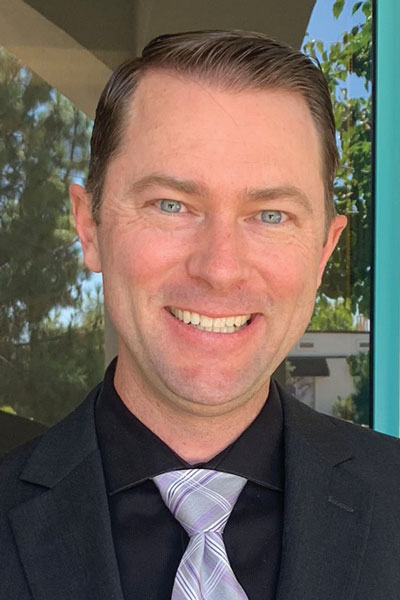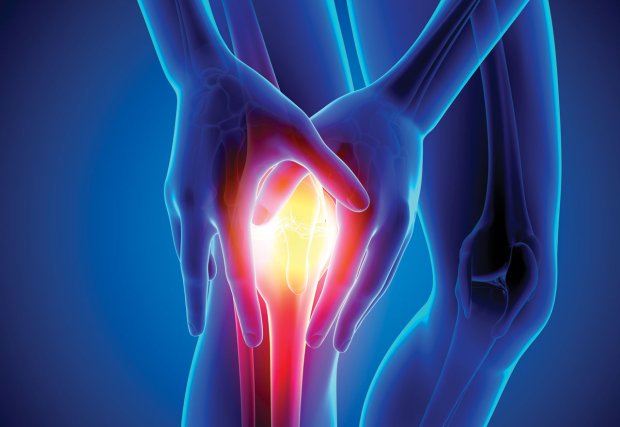 Orthopedic surgeons care for a wide range of issues related to joints, bones, muscles and tendons. But many orthopedists also have sub-specialties, so it’s important to find the right doctor for your particular injury. Michael French, DO, specializes in the hips, knees and ankles, and shares his insight on surgery and recovery.
Orthopedic surgeons care for a wide range of issues related to joints, bones, muscles and tendons. But many orthopedists also have sub-specialties, so it’s important to find the right doctor for your particular injury. Michael French, DO, specializes in the hips, knees and ankles, and shares his insight on surgery and recovery.
Q. How will I know if I need orthopedic surgery?
If pain, swelling, numbness and other symptoms are interfering with daily activities, an orthopedist can order tests, diagnose the problem, offer treatment options, and explain the pros and cons of each. For some conditions, we can attempt a conservative approach to treatment, such as steroid injections or physical therapy. But if the patient does not get relief, then surgery may be the best answer. And with today’s minimally invasive technology, there can be less pain and a shorter recovery time.
Q. What kinds of conditions do orthopedists treat?
An orthopedist specializes in treating many common ailments, including joint pain from osteoarthritis, sports injuries such as torn muscles or ligaments, broken or fractured bones, bone deformities, tumors, tendinitis and many others.
Q. What types of pain medication will I need?
Every patient is different. A team of providers works together to make sure pain is controlled and the patient is comfortable. There are many solutions available to help minimize the amount and duration of pain medicine needed, and some patients are able to avoid narcotics completely by using other alternatives during their recovery.
Q. Are there different types of rehab depending on the surgery?
If needed, a physical therapist will work with patients after surgery to create a custom plan of exercises and monitor their weekly progress. A variety of exercises are used to rebuild strength, flexibility and mobility. Therapy can include the use of weights, treadmills, stationary bikes, muscle stimulation, weighted exercise balls, ultrasound and more.

